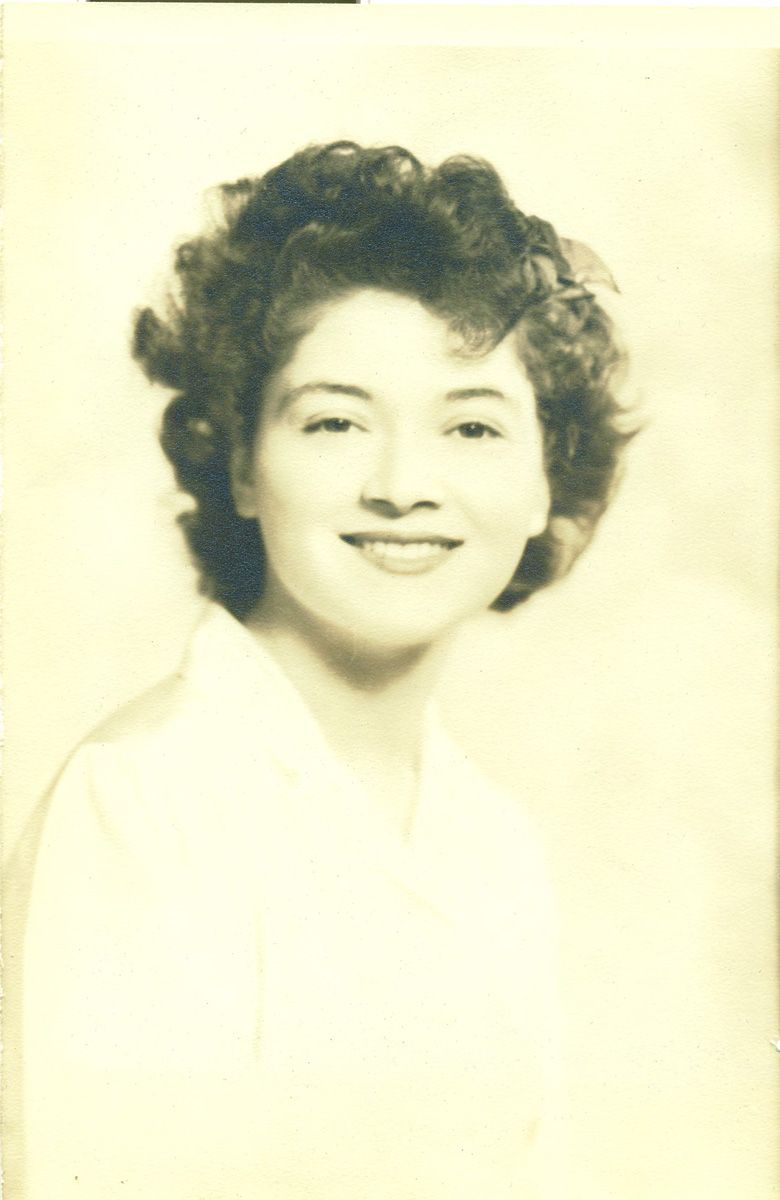During the next months, I calibrate my mother’s descent by the level of stifled hysteria in my sister's voice when she calls me, often several times a day. She and her husband have lived with my mother for decades so their fates are twined, for better or for worse. And for worse has come. The following months see a person who looks like my mother play out these scenes:
Getting into a tearful argument with her 12-year-old grandson over whose dog has pooped on the rug in Sister #2’s Hamptons house. “Li-ar!” she weeps to me, her pronunciation a sudden throwback to her grandparents’ careful, immigrant English. “I hate a li-ar!”
Showing up at my sister and brother-in-law’s bedroom door at 5 am without a stitch of clothing asking when is breakfast.
Sitting with The New York Times opened before her. “What are you reading Mom?” I ask. She looks up, her expression anxious and vacant. Then: “You know what’s happening with Trayvon Martin, don’t you?” There is nothing happening with Trayvon Martin and nothing about it in the day’s Times about it; Zimmerman had been acquitted months before.
Perhaps the sorriest scene is the time she stands in the hallway, self-soiled and in tears, for close to an hour waiting for my sister to come home to clean her. She understands what she's done and is miserable with shame, not to speak of how tired and frightened she must feel standing that long.
As the year turns, she seems to lose her grasp of basics, insisting, for instance, that she was born at age 6; that Michelle Obama had visited the night before and used her new toilet seat; that no one in their right mind would think of sleeping with their hair on: desperately trying to pull it off and weeping with a despair so pure, so absolute when she can not.
“It’s ok Mom,” I whisper as I rock and kiss her at the edge of her bed, “We’re all gonna sleep with our hair on tonight,” but she is inconsolable.
Toward the spring, she takes up a ritual chant: “I live at 1001 East 19th Street; I live at 1001..,” trying, it seems, to pin her mind to something sure and solid while it is spinning away from everything she has ever called home. The momentum shakes loose her precious and precise words, falling, first one by one, then in clusters, leaving her unable to say what is happening to her. I cannot imagine a deeper hell for my mother than lacking the words to speak her grief and terror.
